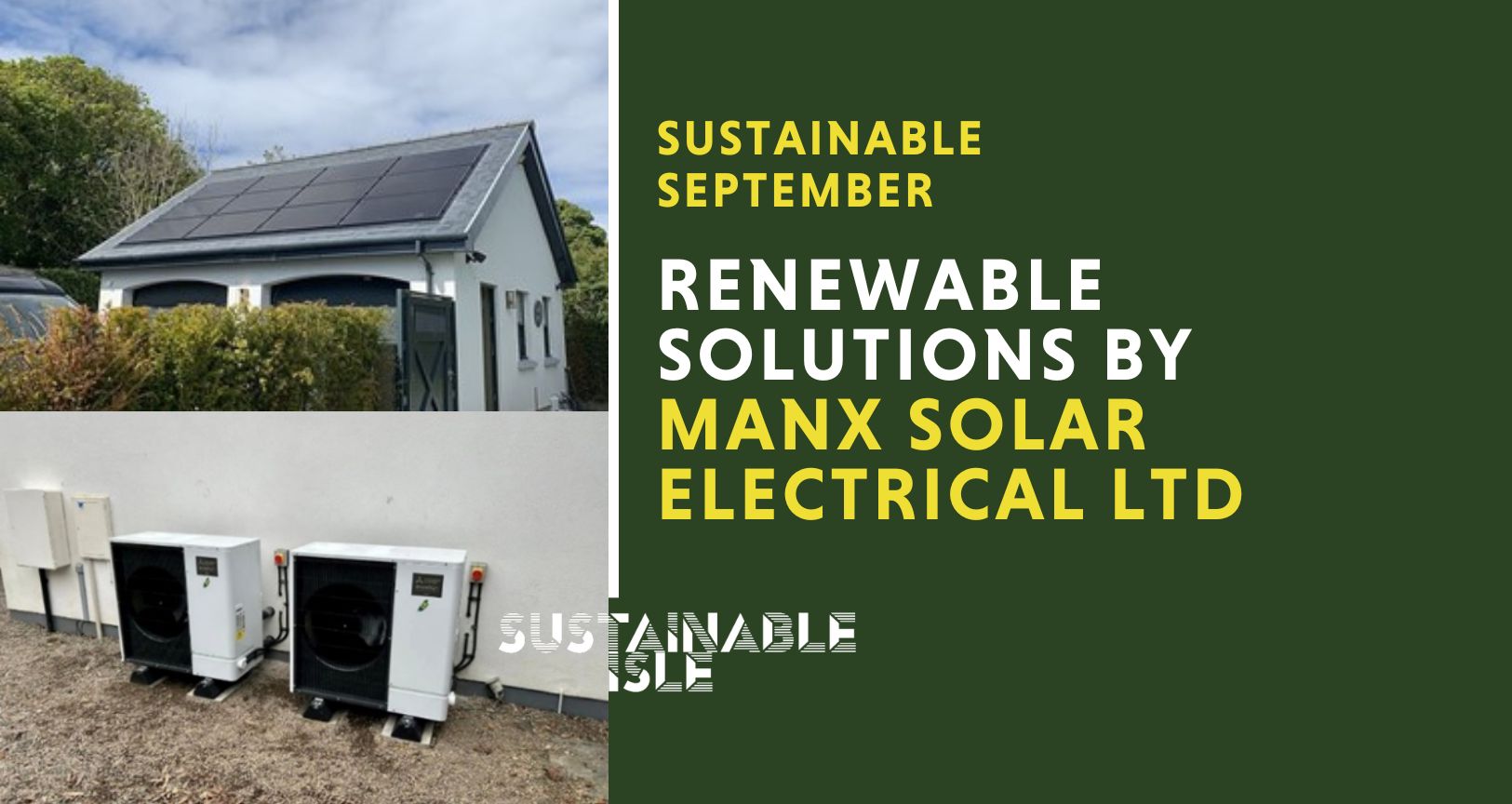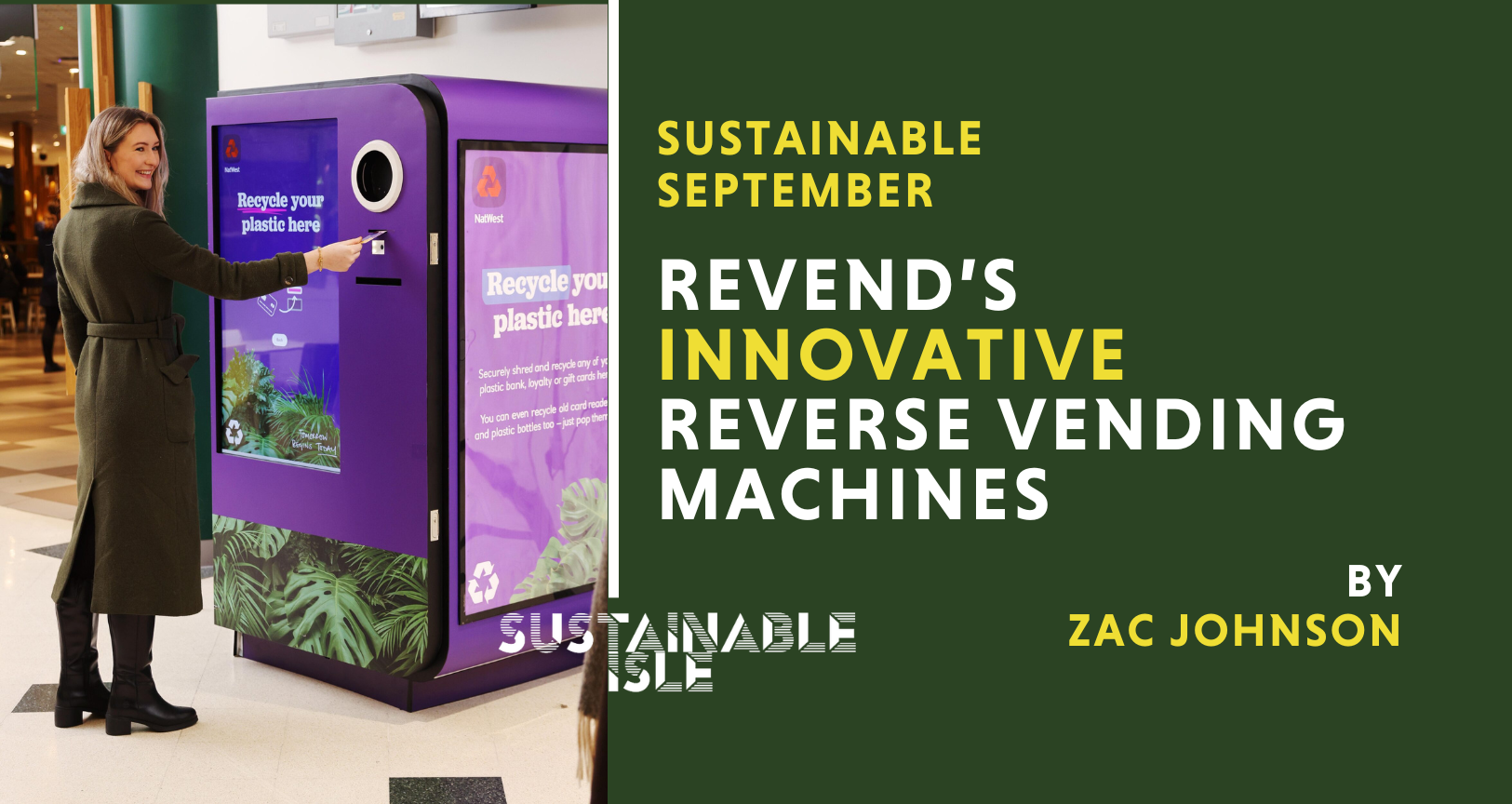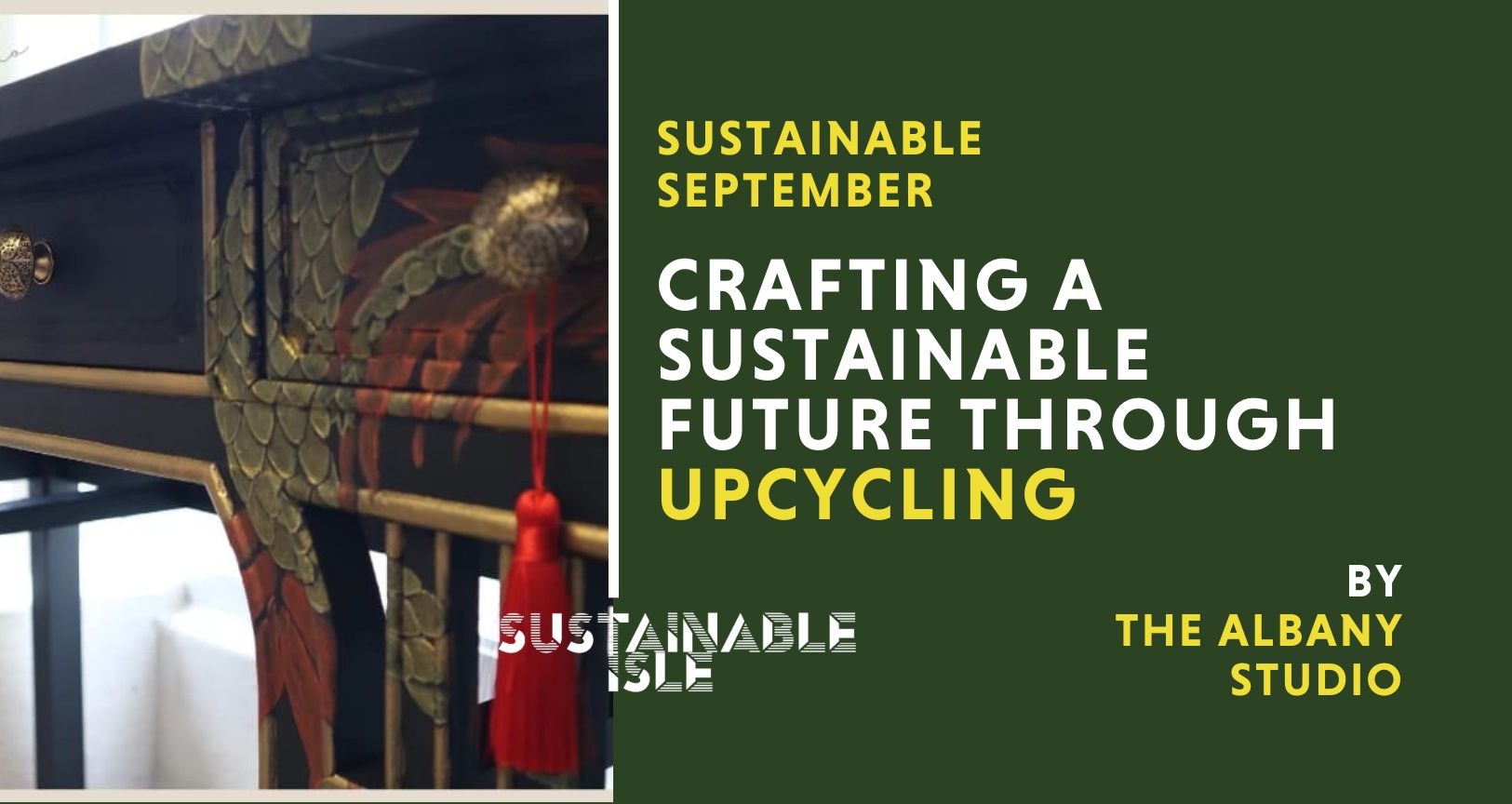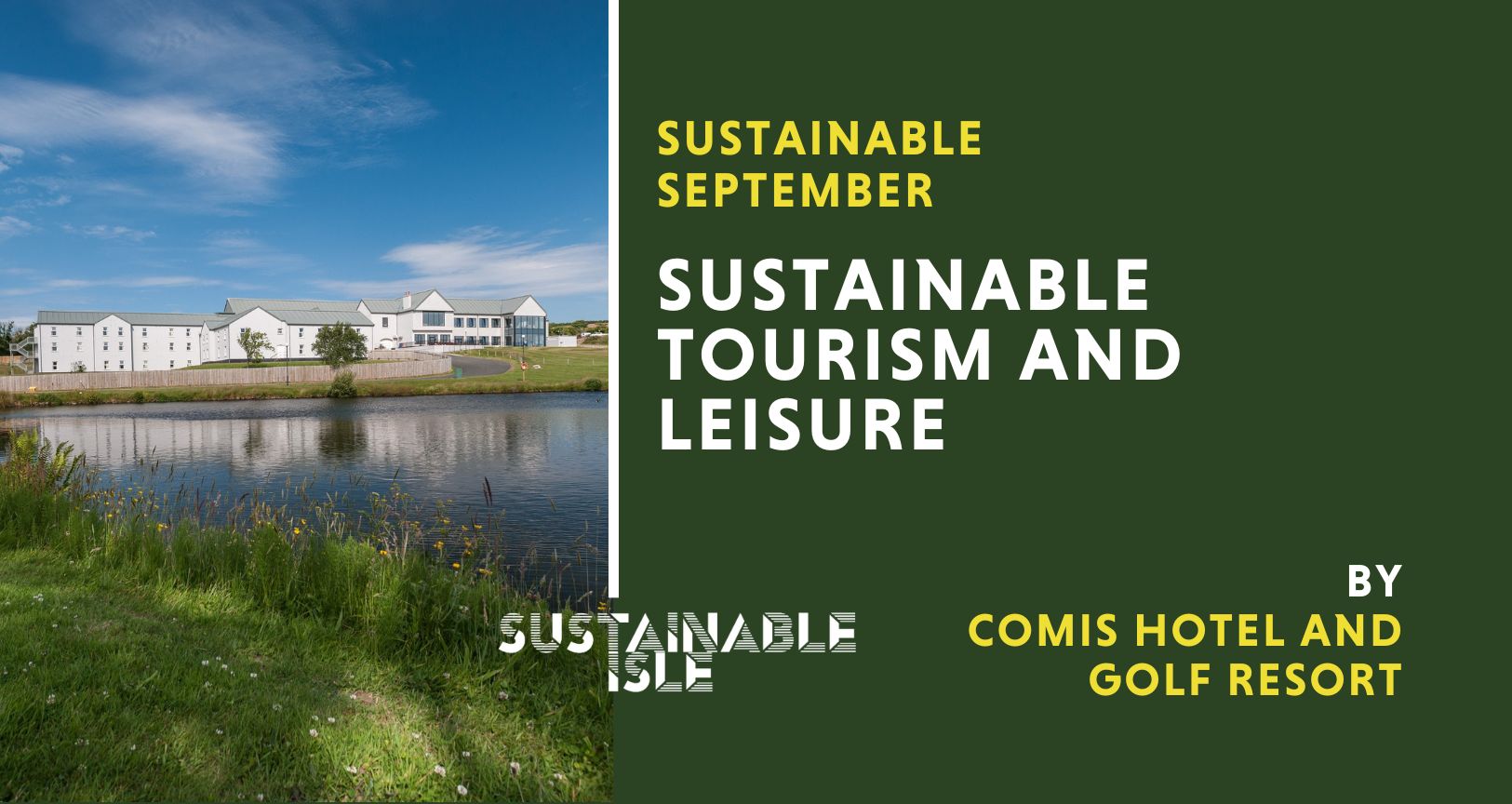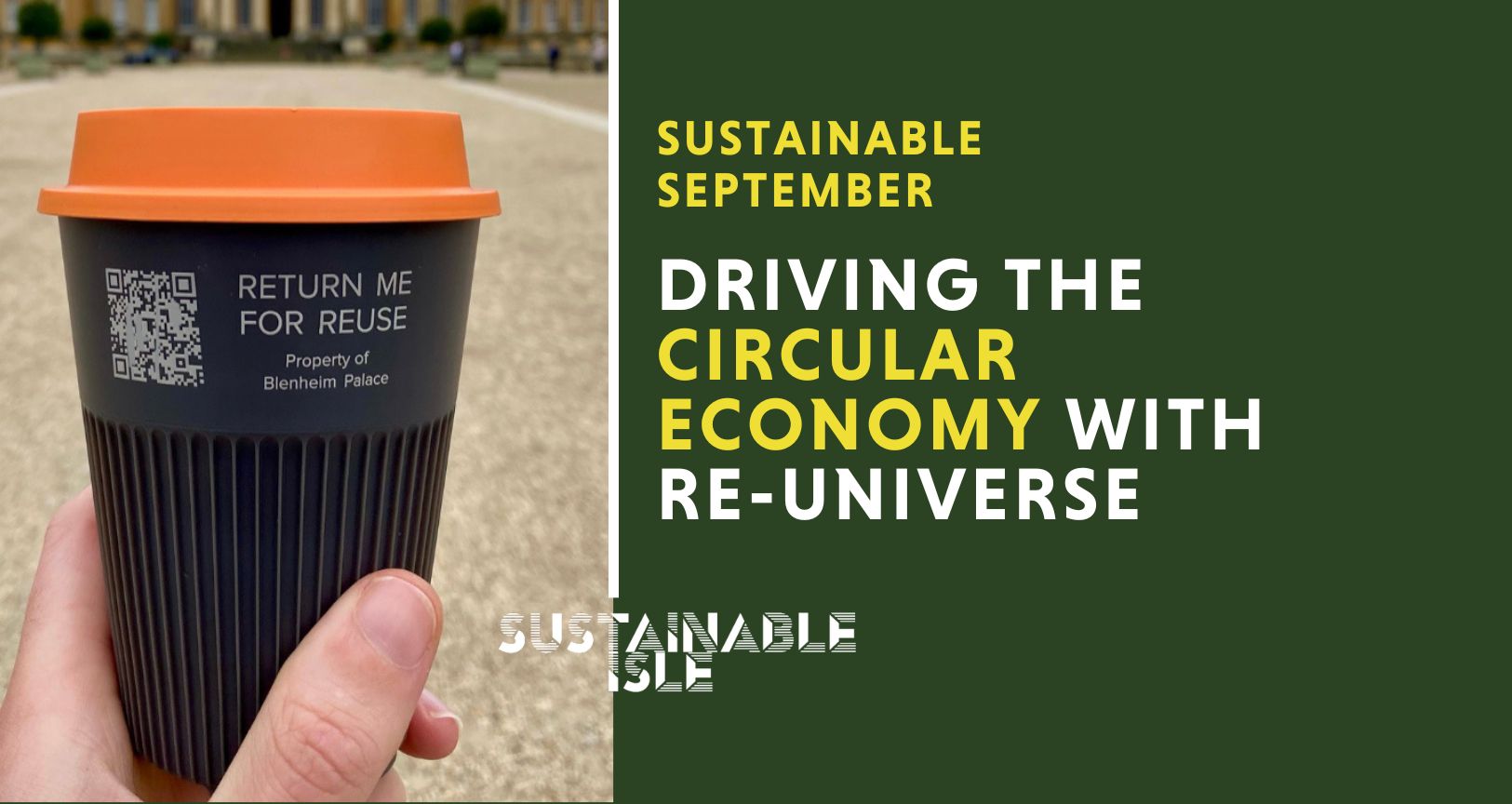Achieving Net Zero: How Island Businesses Can Lead the Way
26 September 2024
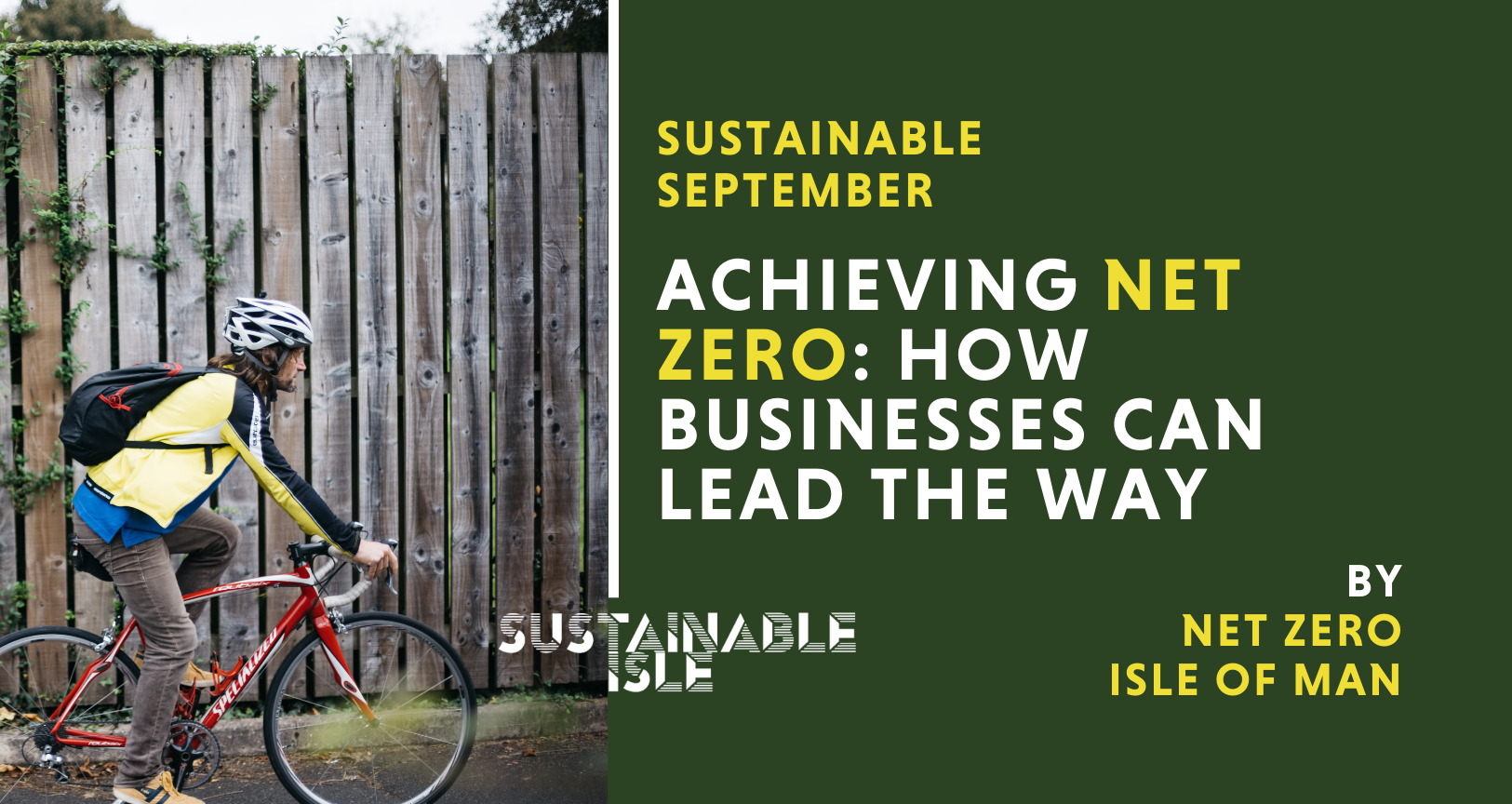
As part of our Sustainable September campaign, Net Zero Isle of Man shares insight into the Island’s target of achieving net zero greenhouse gas emissions by 2050 under the Isle of Man Climate Change Act 2021. With business emissions estimated to account for over 30% of the Island’s total, this article explores the benefits businesses can gain through the decarbonisation of their activities and the resources available to help them on this journey.
Under the Isle of Man’s Climate Change Act 2021, the Island has a target of achieving net zero greenhouse gas emissions (“net zero”) by 2050, which means that emissions must be 100% lower by then than the baseline emissions in 2018. To meet this target, and the various interim targets before then, a range of actions are set out in the Island’s Climate Change Plan 2022-27, driving towards a decarbonisation of our economy and a sustainable future. The plan includes actions which we take as individuals, businesses and public bodies, most effectively through a collaborative approach.
The emissions of businesses on the Island are significant, cutting across most of the emission reporting areas such as the heating of buildings, transport (business travel and commuting), air-conditioning and refrigeration, and waste. It has been estimated that business activities account for over 30% of the Island’s emissions.
For businesses, there are benefits to be gained through the decarbonisation of their activities over and above contributing to a decrease in the Island’s emissions. One of the most cost-effective ways to reduce emissions is through the implementation of energy efficiency measures, for example through heating and lighting control systems and insulation upgrades. The consequential cost savings from reduced energy bills can provide businesses with significant benefits within a relatively short period of time.
In addition to direct cost benefits, reputational benefits are being gained by businesses with emission reduction plans and actions as awareness and scrutiny of the environmental impacts of business activities continues to increase on the part of customers and prospective employees. Whilst small and medium sized businesses may not have the resources to implement ESG (Environmental, Social and Governance) frameworks to the same extent as larger businesses, embedding ESG principles into operational and strategic decision-making helps to anticipate those changes, and associated risks and opportunities, which lie ahead as the economy decarbonises.
On 1st October, the Government’s Business Energy Saving Scheme (“BESS”) is being relaunched as the Business Emissions Saving Scheme with increased financial assistance for businesses looking to make positive changes through making their operations more energy efficient, reduce carbon emissions and lower energy costs. As well as energy efficiencies, the measures supported include steps to enable active travel. Further information regarding the Scheme as well as eligibility is available here.
Businesses who have emission reduction plans and are making progress in reducing their emissions may have identified emissions which are unavoidable, at least in the near term. For these businesses to meet their own interim net emission targets, they may have taken steps to invest in nature projects which provide carbon credits. To enable private sector investment in local nature projects, a credit scheme is planned by the Government and, to assist in its design, a nature markets survey has been launched for completion by Island businesses, available at here, closing on 4th October.

